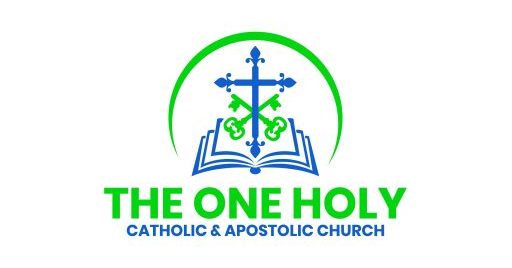The spiritual journey is not just about getting closer to God’s love but also about self-discovery and continual growth. This is the central message of the Philokalia, a collection of writings by Eastern Orthodox monks and mystics. Self-examination is one of the essential elements emphasized in this collection.
The practice involves a deep and honest assessment of one’s thoughts, emotions, and actions, with the goal of identifying areas in need of growth and transformation. Through self-examination, believers can come to a more profound understanding of their limitations and weaknesses, as well as their potential for growth and transformation. In this blog post, we will explore the importance of self-examination in spiritual life according to the Philokalia.
The Philokalia asserts the importance of frequent self-examination and warns against complacency. As stated in the text: “If you are puffed up by victory in some competition, or by applause from those around you, then you are not even trying to become truly humble through self-examination” (Philokalia 4:150). This quote emphasizes the point that self-examination must be done with complete honesty and sincerity. It puts a spotlight on how external validation and recognition are detrimental to one’s spiritual progress if not put in the right perspective.
The Philokalia also emphasizes the importance of identifying sinful thoughts and emotions, such as anger, envy, and pride. In the text, it is stated that “he who has gained his own soul through self-examination has indeed gathered true treasure and made it fast” (Philokalia 2:273). The passage explains that self-examination is not only necessary for growth but also for the salvation of one’s soul. It highlights the point that self-examination requires inner work and effort, but its rewards are invaluable.
Additionally, the Philokalia states that self-examination involves more than just identifying sin but also understanding our virtues and strengths. In the text, St. Mark the Ascetic wrote: “In seeking humility, seek first the virtues that belong to it: obedience, self-control, patience, and courage” (Philokalia 1:160). This passage stresses that self-examination is not just about identifying negative traits but also honing our positive virtues. It is a two-fold process that must be done in balance.
Furthermore, the Philokalia emphasizes that self-examination should not be done alone but with the guidance of a spiritual mentor or father. This is important because, as one quote from Philokalia puts it, “Pride remains unpurified in a person as long as he has not acquired humility through obedience” (Philokalia 2:299). This passage highlights the point that humility, which is essential for growth, can only be achieved through obedience and guidance.
It is a reminder that the spiritual journey is not a solo one and that we need the help of others to attain salvation.
In conclusion: Self-examination is a crucial aspect of the spiritual life, according to the Philokalia. It involves an honest assessment of one’s thoughts, emotions, and actions, with the goal of identifying areas in need of growth and transformation.
By identifying and addressing areas of spiritual struggle, believers can cultivate greater humility, repentance, and love and ultimately draw closer to God. As believers practice self-examination, it is important to remember that it is a two-fold process that must be done in balance while seeking the guidance of a spiritual mentor or father. May the practice of self-examination bring us closer to the love of God and transform us into better versions of ourselves.



